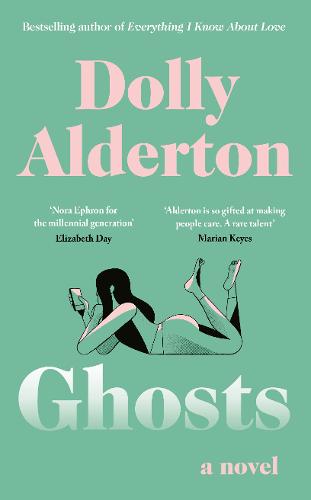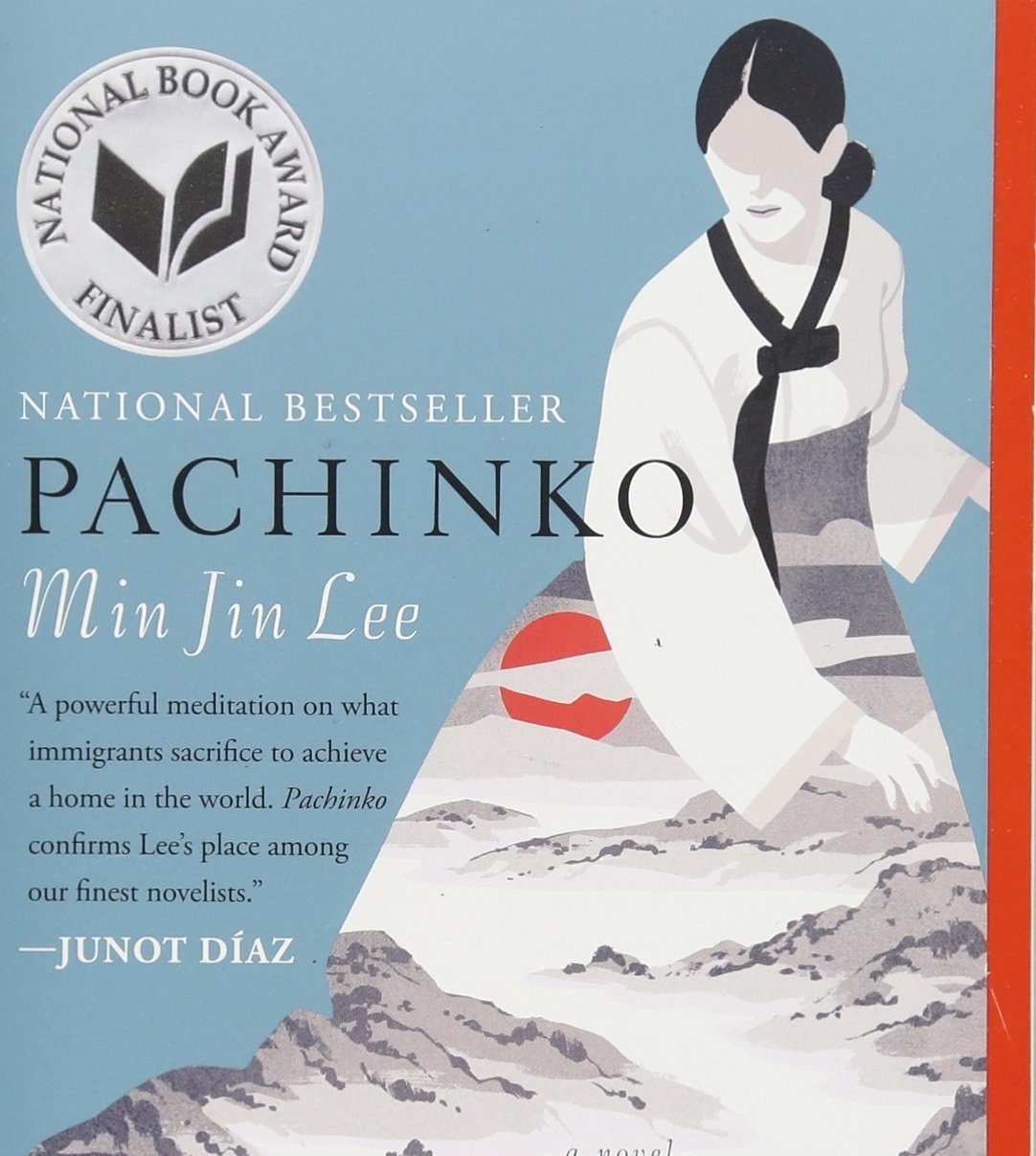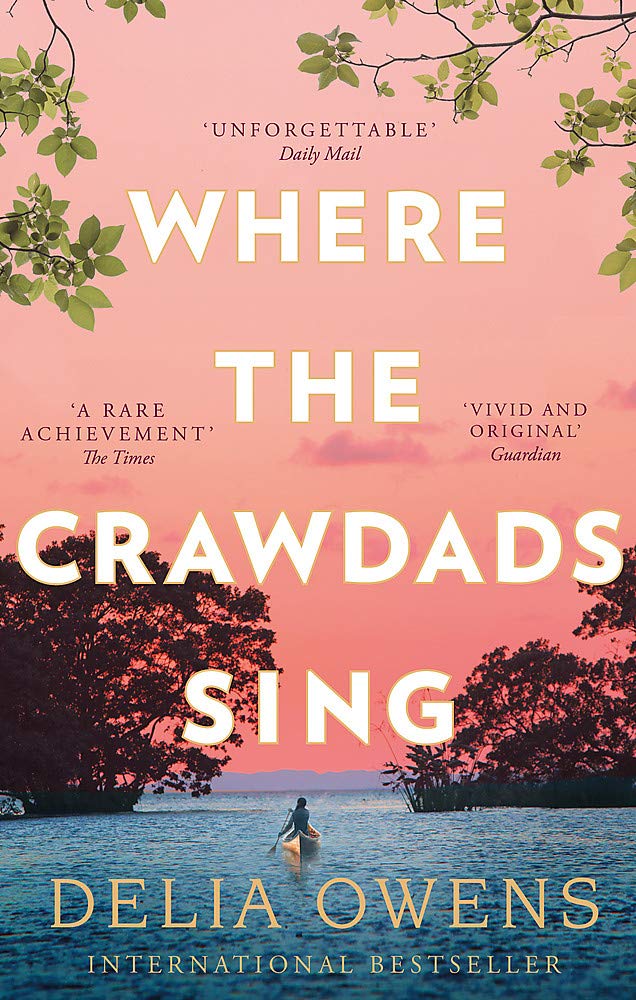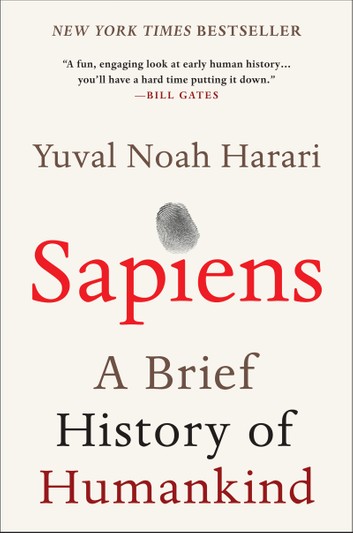Written by Emily Wigham
While governments quarrel over the vaccine, and people continue to stay locked within the same four walls, there is very little opportunity for escape. While in years previous we may have booked a weekend in some small Spanish town or decided on a five-star spa getaway to dodge our daily duties, that option is no longer available. What I suggest you do instead is pick up a good book. Reading is not a daily occurrence for most, seen often as a chore rather than a virtue – I will never forgive our education system for this – but now is the perfect time to change that narrative. Literature gives us the opportunity to travel to far-off lands without leaving our bedroom; allowing us to gain insight into lives far different from our own. Travel through time and space: from 20th century Florence, to late 80’s Osaka, a book becomes your ticket.
Knowing where to begin is the first hurdle for many, so I have come up with six recommendations, each for a different taste, to get you started.
Ghosts by Dolly Alderton
This is a light read all about online dating, ghosting and female friendships. At a time where Tinder uses up more screen time than most care to admit, reading an imperfect account of someone’s experiences, rather than an overly sentimental, love-at-first-swipe narrative, is refreshing. Following from its name, a huge focus of this book is on unsuccessful relationships, something everyone can relate to, and reading a sickly-sweet romance novel at a time where we can’t even see our loved ones is frankly offensive. Following from her memoir Everything I Know About Love, Alderton’s relatable, yet beautifully written fiction is a welcome break from the tedium of lockdown.
Just Kids by Patti Smith
Escape into the concrete jungle. This raw and emotional memoir, littered with original artwork and poetry, gives its reader a fly-on-the-wall insight into the elite artists circles of 1970’s New York, alongside a beautiful platonic love story. Although, it’s not all glitz and glam, with Smith spending the majority of her first nights in New York sleeping on the streets trying to find a job. When she eventually meets then-unknown photographer Robert Mapplethorpe, you get to travel on their journey from street benches to running with Warhol. While it is autobiographical in nature, its beautiful prose feels almost fictional at times.
Pachinko by Min Jin Lee
A novel set across four generations of Korean Japanese, Pachinko travels seamlessly from the early 20th century through to 1989. While the focus of the story is on family and intergenerational trauma, it homes a plethora of knowledge on Korea and Japan’s shared history. Not only is it multi-generational, but also a story of economic growth and upwards mobility at a time of war and unrest. From tiny fishing village Yeongdo in South Korea, to Osaka and Nagasaki, the reader gets a first-person view into the lives and struggles of one family, and the feel of each place at the time of their dwelling.
Where the Crawdads Sing by Delia Owens
This book is a virtue, a ticket to a faraway, unknown place, with a mystery at its core. While I am hesitant to fully commit to describing it as Crime Fiction, as it is so much more than that, there is a puzzle to be solved throughout – one that has a lot of twists and turns.
Also, if you are at all interested in American flora and fauna, you cannot pass up the chance to read Owen’s passionate description of the ecology and lifeline of America’s underrepresented lands. The whole book is filled with undeniable expertise for not only the marsh lands and its inhabitants, but also life’s truths. Love, loss, friendship and isolation: themes so often broached by authors, find harmony in Where the Crawdads Sing. There is a little controversy about its ending, so give it a read to make your mind up for yourself.
A Room with a View by E.M Forster
While some balk at the idea of reading classical fiction, thought only to be reserved for those who put themselves through a literature degree, they are missing out! While the language in most Edwardian-era novels can be tiresome, Forster is funny, satirical and critically observant of the world around her. While it follows the same trajectory of so many novels of the time (travel, meet a man you don’t like, find out you really do like said man, some misunderstanding and an eventual marriage), it does tend towards a cultural-political commentary in tandem. If you can get passed the onerous politeness and naivety of some of the novels characters, I think you might enjoy the perspective Forster has to offer. It is also a lovely Spring read, with its beautiful pastoral descriptions, witty narration and bright aura. Also, it’s terribly short, so you can add one more book to your 2021 read pile with little time wasted.
Sapiens by Yuval Noah Harari
Now this is geared more towards the non-fiction lovers out there, but it takes the concept of a history book to a whole new extreme. It starts from the beginning of time and gives the history of the human species, from the origin of our amoebic beginnings, all the way through to our modern-day capitalistic society. Its subheading is somewhat misleading, A Brief History of Humankind, coming in at over 400 pages, but considering its contents it could have been a whole lot longer. However, if you don’t feel satisfied at the depths the book dives, writer Yuval Noah Harari has done many Ted Talks on the subject of humanness, plus a sequel book Homo Deus, a take on temporality in A Brief History of Time, as well as an enlightening 21 Lessons for the 21st Century; in short, you’ll have plenty to read.
If none of these books pique your interest, or you’d rather the motivation of connecting with others while you read, there has been an influx of online book clubs throughout lockdown. They function the same way as those in person: a suggested book every month plus copious amounts of open discussion, without making you leave your house to eat stale biscuits and drink bitter coffee.
Lily Lit Club (@lilylitclub on Instagram), is run by The Lily News, a women’s run newspaper published by the Washington Post. The page features a new book by a woman author every month, with plenty of discussion in the comments.
Between Two Books (@betweentwobooks on Instagram, I think you get the picture) is run by Florence Welch of ‘Florence and the Machine’. Every month the book suggestion is changed in the bio, along with a theme to keep in mind. February’s picks are Everything You Ever Wanted by Luiza Sauma, and a theme of (Dis)connection. Welch’s book suggestions range from autobiography to creative non-fiction to romance, so there is something from everyone. With Welch’s many connections comes a wealth of opportunity, and she as used it to invite authors to give readings on her IGTV – it’s not something you want to miss.
Lastly is publisher Hachette’s new project ‘The Feminist Book Box’: a three, six or twelve month long subscription service that gives you access to Hachette’s back and front list feminist titles. Along with two books every month, as a subscriber you get access to a book club which the authors themselves are often involved with, giving you the opportunity to connect with a wonderful community, while also taking away the pressure of deciding what to read – books are literally just left at your door.
While you may not see yourself as “someone who reads”, you can transform! Reading is a habit, one you have to get used to doing a little of every day. Start with one page right before bed, and after a while you’ll find yourself getting sucked into whatever you’re reading. One page will turn into one chapter, then all of a sudden you’ve got a finished book on your nightstand. The pandemic may feel inescapable, but with a book in hand you can allow yourself to let go of your surroundings, and sink into a world unlike our own.







